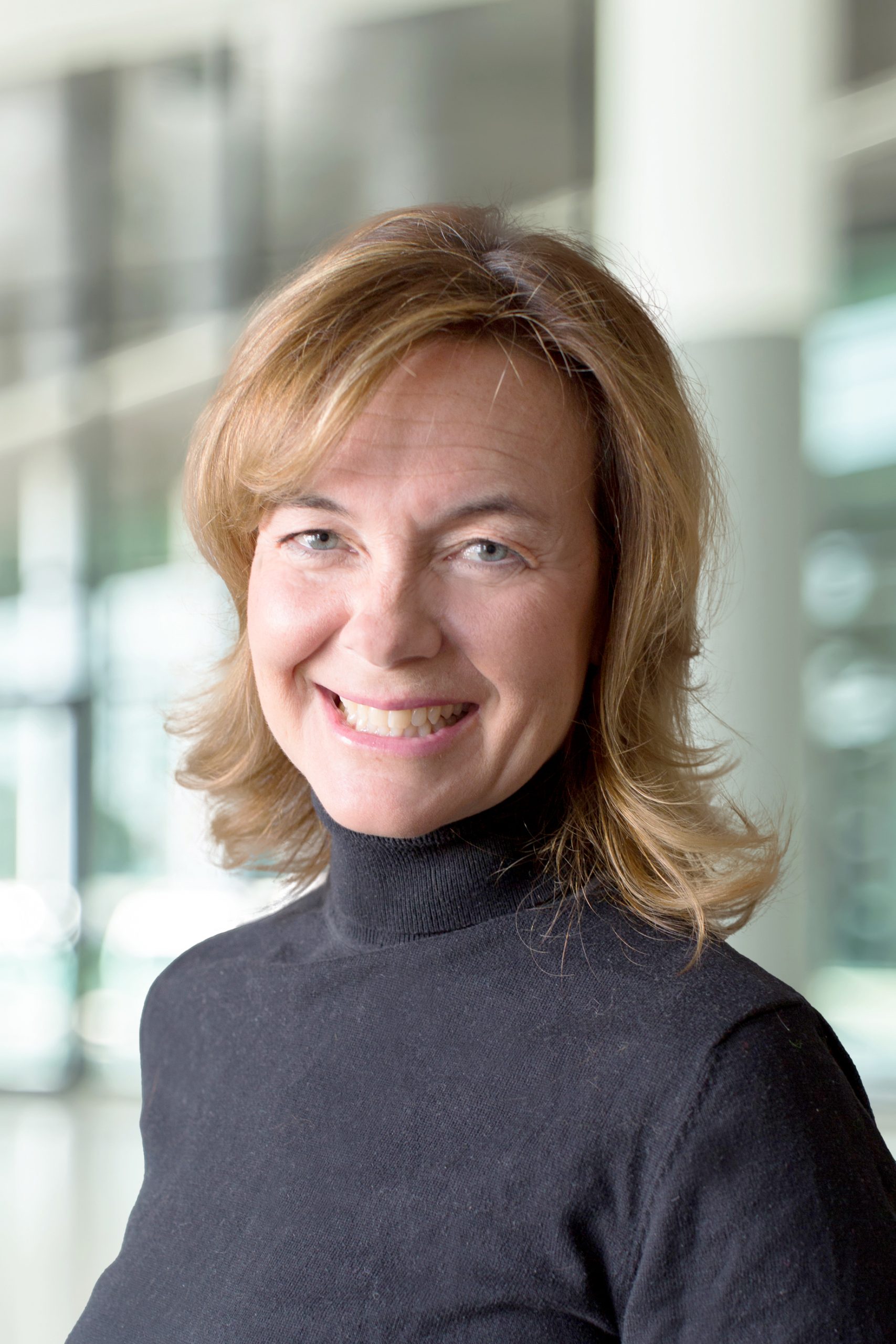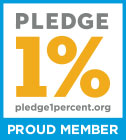Q&A with Helena Müller from Diebold Nixdorf
The payments landscape is changing at a rapid pace as more and more people select a digital opt ion. According to the European Central Bank, while consumers prefer electronic payments, they value having cash as an option, and despite the growth in electronic payments, cash is still used by the majority.
ion. According to the European Central Bank, while consumers prefer electronic payments, they value having cash as an option, and despite the growth in electronic payments, cash is still used by the majority.
This shift in behaviour presents a crossroads for financial services providers and retailers as they balance the continuation of in-person services, including offering cash services and accepting cash as a payment method, with the growing demand for efficiency. To address this, industry stakeholders are collaborating with technology partners to ensure that the diverse demand of the modern consumer can be met.
Payments Consulting Network Associate David Fagleman talked to Helena Müller, VP of Banking, Europe at Diebold Nixdorf, to find out more about shared banking services as a model for meeting the needs of today’s customers.
DF: Hi, Helena. Can you give us a brief high-level overview of your business and your role within it?
HM: Hello, David. Of course. Diebold Nixdorf works as a key technology partner for financial services providers and retailers. We help our customers automate and digitise the way people bank and shop. We have more than 160 years of experience doing this, and we employ around 21,000 people.
I work in the financial services side of the organisation, and I’m responsible for helping our European customers to navigate the path between digital and physical banking. Our customers are evolving and transforming their journey with end users, and Diebold Nixdorf supports them in these delivery channels all over the world. The strength of Diebold Nixdorf is that we deliver global support but work on a local basis; this is something that’s especially important in Europe, where we can manage the diverse needs of each country’s financial institutions and end users.
DF: What are you most looking forward to at the Europe and Emerging Markets ATMs and Cash Summit 2023?
HM: I’m really looking forward to it, and we’re delighted to be a part of the summit.
I’m most excited about the idea of having an entire industry come together and exchange ideas, especially when it comes to exploring collaboration between operators and customers. This is an important topic and a key driver for success – especially in Europe.
“At the end of the day, the end user is in control – they want efficient cash services covering the whole market. As long as it works, the end user will be happy.” – Helena Müller, VP of Banking, Europe at Diebold Nixdorf.
DF: What does the future hold for cash use in Europe? Will it continue to decline in use?
HM: The payments landscape will continue to shift, and how we manage cash will continue to evolve. Cash is a crucial part of the payment mix, and its role has never been more important than today.
Over the past few years, choice and flexibility have become important for end users, and cash can support this, particularly with vulnerable customers. We must also ensure that cash is available in case of emergencies and that the strong link between cash and ATMs remains. We see that removing ATMs can become very sensitive in certain areas and can cause debates within local communities.
We must strike the right balance between maintaining availability and efficient services. From their experience of digital transactions, end users have high expectations of the modern user experience, and they expect access to cash to be convenient. When this isn’t the case, we hear their dissatisfaction.
DF: At the summit, you’re speaking about shared banking services as a model for meeting the needs of today’s customers. Why do you think this is important, and how can Diebold Nixdorf support it?
HM: There’s been a shift in operations as financial institutions balance the need to meet customer demand to deliver efficiencies and maintain consumer choice. In this context, they’re having to rethink their operating channels. They need to address cost pressures and unlock the future. Shared banking is one of the solutions to enable this realignment of banking services, but the meaning of it might differ in different markets.
In the past, the financial services industry has had more control over operations. But as things have evolved, they now look for collaboration, or even outsourcing, as this is the key to success. At the end of the day, the end user is in control – they want efficient cash services covering the whole market. As long as it works, the end user will be happy. They are less connected with who provides it, which means that branding is less important when it comes to shared banking.
This change is also an opportunity to remove the complexity of old operations. It has now been proven that you can maintain a good service and increase efficiencies. This has been the success of the shared model in Europe, where no one model is the same as the other, which provides an important element of flexibility to meet different demands.
Diebold Nixdorf is supporting financial institutions to achieve this where it’s necessary. Working together, we can enable and deliver a secure and reliable platform and service to end users. Every organisation has their own service and own market, so the delivery of outsourcing might differ, with some requiring greater outsourcing than others.
“Security is an ongoing innovation to ensure customers are protected. We’re also continuing to invest in cash recycling, something that’s been on the market for a long time, to enable our customers to recycle banknotes in different ways.” – Helena Müller, VP Banking, Europe at Diebold Nixdorf.
DF: Are there any other innovations that you have on your product/service roadmap for the next 12 months?
HM: We continue to advance with a range of Diebold Nixdorf services and advanced capabilities on ATMs, as well as developing our software to become more intelligent to drive the operation. The end user will drive the key innovations of the future, but we’re looking at how they are using their digital transactions and adding this to the ATM channel. Security is an ongoing innovation to ensure customers are protected. We’re also continuing to invest in cash recycling, something that’s been on the market for a long time, to enable our customers to recycle banknotes in different ways.
DF: What industry changes or trends do you see occurring over the next 2-3 years that will have a major impact on your business and/or your clients?
HM: There are a few topics here. Firstly, branch evolution – and this includes cash services. As a financial institution with bank branches, where do you serve cash? Do you move from branch to ATM? Or do you move ATMs to different sites that will become important for availability?
Secondly, financial inclusion. The need to serve end users where they are has never been more important than today. It’s a key topic and can cover unbanked, banked, and the generational divide. We have to ensure that all end users are included.
Another key topic is keeping pace with digital end users, as this experience must be replicated with the services we provide for our customers. Finally, sustainability is a top priority for all financial institutions. This can include saving energy, ensuring availability and keeping up with regulations. We’re putting a lot of effort into this in collaboration with our customers.
DF: Do you think that a focus on ‘digital payments’ and ‘tech’ has meant that governments and regulators have placed a lower priority on face-to-face and in-person services?
HM: As a technology company, we’ve noticed that the shift to digital has accelerated. We’re working to enable traditional services, such as cash and bank branches, to be maintained in the digital context. For example, we are determined to make ATMs as digitally integrated as possible.
Governments and regulators have seen some markets move very fast to digital – almost too fast – but caution is key as you can’t roll back decisions on cash services. They’re looking for more efficient options, which might be the shared model, but this can’t be based on losing cash services which are still in high demand among end users. 40% of people still visit branch tellers at least once a month, and the demand for in-person banking remains, although this is stronger in middle and southern Europe. We see that access to cash and banking services should be protected by legislation. The past few years have provided examples where digital transactions can’t work due to power outages, and the war in Ukraine has demonstrated the need for a fall-back or contingency payment method, which is where cash proves to be crucial.
DF: Final question… Do you think we will be living in a cashless society in 2043?
HM: The simple answer is…no! This question was asked 20 years ago! There are too many end users depending on cash. Cash is convenient, especially across Europe, with people traveling and working in different countries. And then there’s the role of cash as a contingency method of payment and supporting financial inclusion. These are just a few of the many factors that will keep cash in society for many years to come.
CONCLUSION
The banking world is witnessing a revolution, and keeping up with technological evolution is paramount for all players. This is not just a passing trend; it’s an ongoing transformation, and those who master these changes will become like magnets, drawing in customers who seek modern banking experiences and crave accessible, flexible, and efficient payment solutions. Collaboration is key to achieving this, and while its execution might look different in different markets, the principle remains. Unless collaboration is embraced, existing players in banking, cash and in-person services risk being left behind.
Author: David Fagleman, Associate, London, Payments Consulting Network
With more than a decade of experience in payments and public policy, David is a seasoned expert in communications and public policy. He has worked within the financial services and payments sector, collaborating with various organisations, including Westminster-based think tanks, charities, start-ups, and financial services membership bodies. Notably, in 2020, he co-founded the independent consultancy Enryo.
***
Payments Consulting Network is one of the media partners of the upcoming Europe and Emerging Markets ATMs and Cash Summit 2023 happening in Ireland on October 18 &19, 2023.
Helen Müller will be among the distinguished speakers at the event, discussing insights on ‘Shared Banking – Meeting the Needs of Today’s Consumer.’
***
If you found this article helpful and would be interested in reading similar articles, please subscribe to our newsletter.
Are you interested in reading articles on a particular payments topic, company, payments industry executive or author? Click the search icon, it’s that magnifying glass on the top right-hand side of the website and type in the keywords that interest you. You will then be presented with a list of any articles that match your search criteria.




